The Usher Hall is a concert hall in Edinburgh, Scotland. It has hosted concerts and events since its construction in 1914 and can hold approximately 2,200 people in its recently restored auditorium, which is well loved by performers due to its acoustics. The Hall is flanked by The Royal Lyceum Theatre on the right and The Traverse Theatre on the left. Historic Environment Scotland has registered the Hall with Category A listed building status.
The construction of the hall was funded by Andrew Usher, a whisky distiller and blender, who donated £100,000 to the city specifically to fund a new concert hall. The choice of site caused early delays but in 1910 an architectural competition was announced with the requirement that the hall be simple but dignified. The winning bid (one of 130 entries) came from Stockdale Harrison & Howard H Thomson of Leicester. The design was partly a backlash against Victorian Gothic, with a return to classical features owing much to the Beaux-Arts style. On 19 July 1911, George V and Queen Mary laid two memorial stones, an event attended by over a thousand people. 'Municipal Benificence'- one of the sculpted figures on the facade of the Hall Its curved walls, unusual for the time, were made possible by developments in reinforced concrete. The dome was designed to reflect the curvature of the walls, not to give a domed interior (which would have been acoustically disastrous). The interior of the hall is adorned with decorative plaster panels by the Edinburgh sculptor Harry Gamley. The figures depicted in these panels show figures from the world of music, as well as famous Scots. These include: Sir Walter Scott, Robert Burns, Allan Ramsay, R L Stevenson, Johann Sebastian Bach, George Frideric Handel, Wolfgang Amadeus Mozart, Johannes Brahms, Edvard Grieg and Anton Rubinstein. Harry Gamley's work also features on the outside of the building with two large figures representing Inspiration and Achievement, as well as another three figures by Crossland McClure depicting the Soul of Music, Music of the Sea and Music of the Woods. The finished building was officially opened on 16 March 1914 with a concert featuring music by Handel, Bach, Wagner, Beethoven and the Scottish composer Hamish MacCunn. The final cost of building the Usher Hall was £134,000. Andrew Usher died before building work was started.


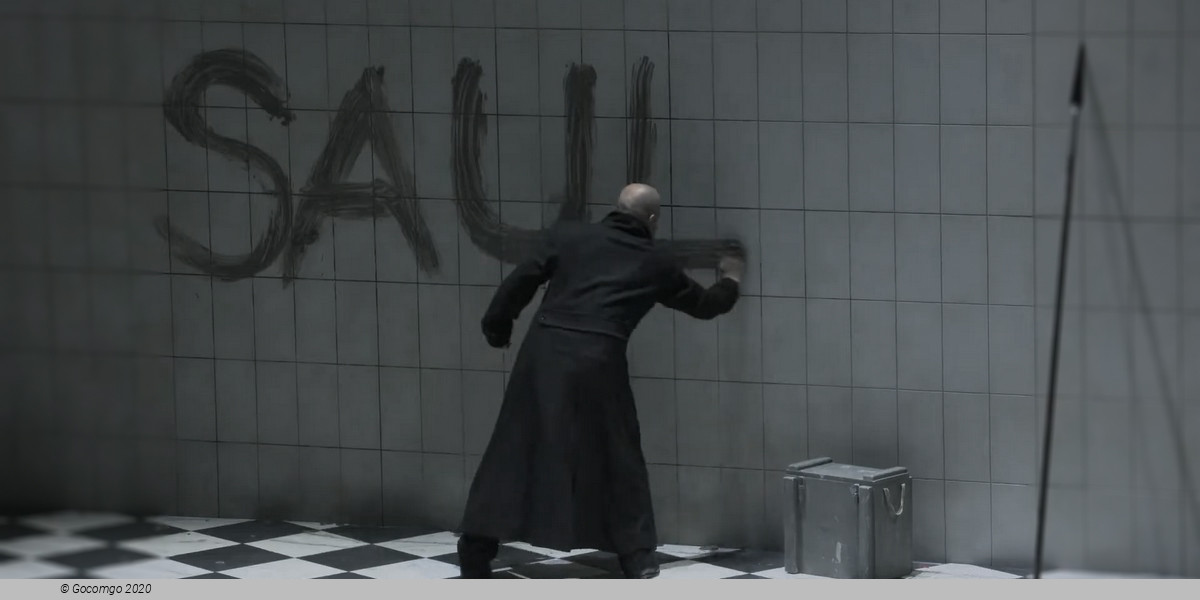
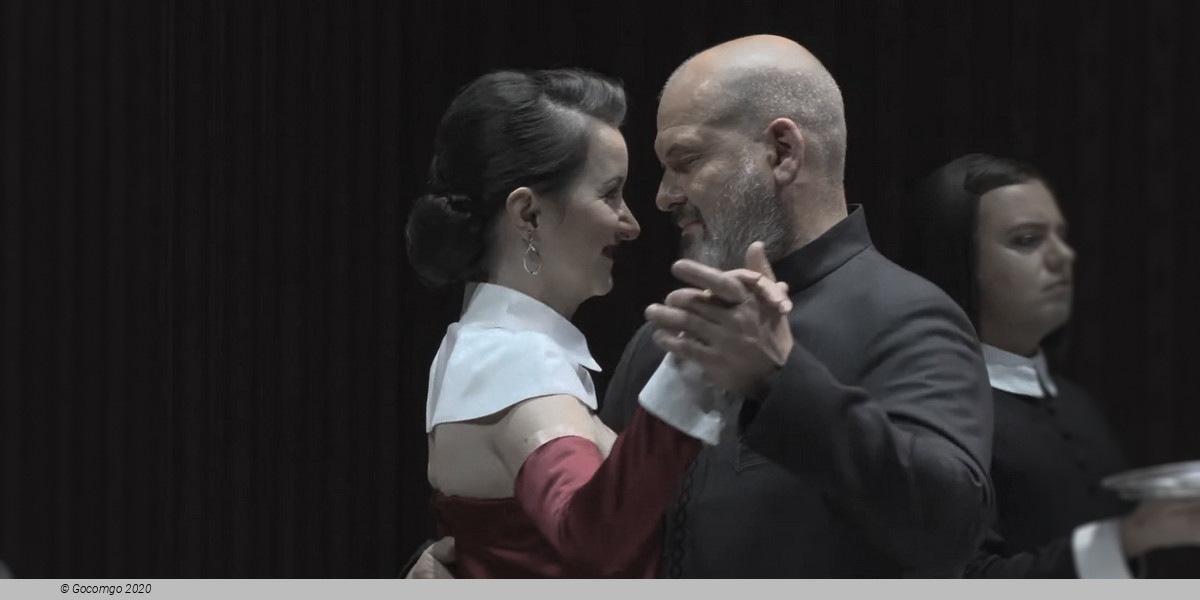
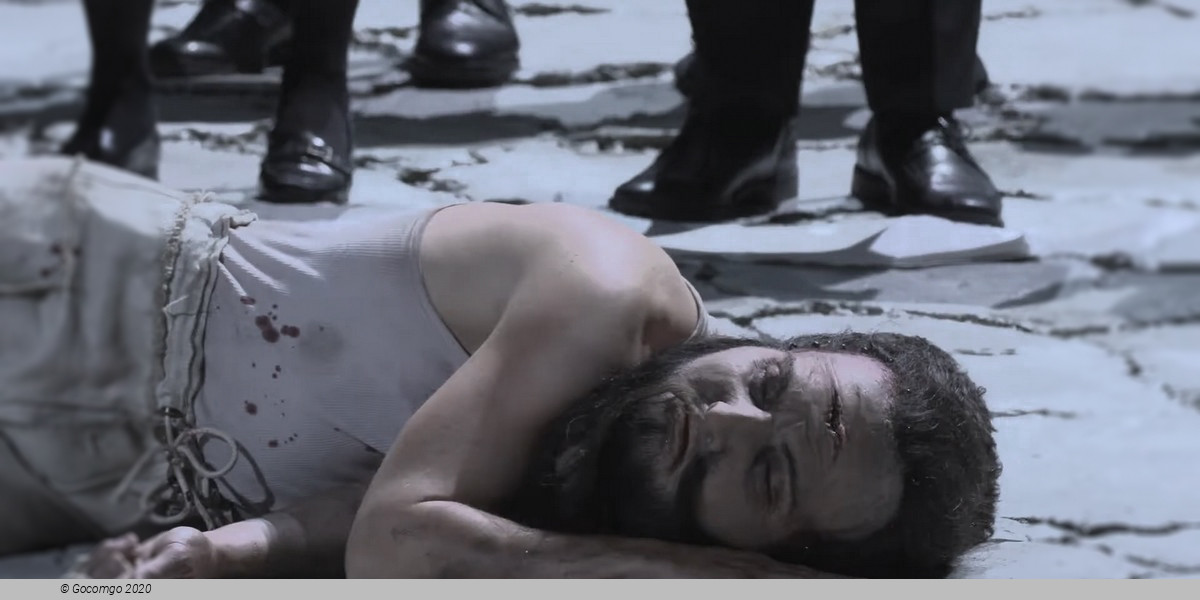
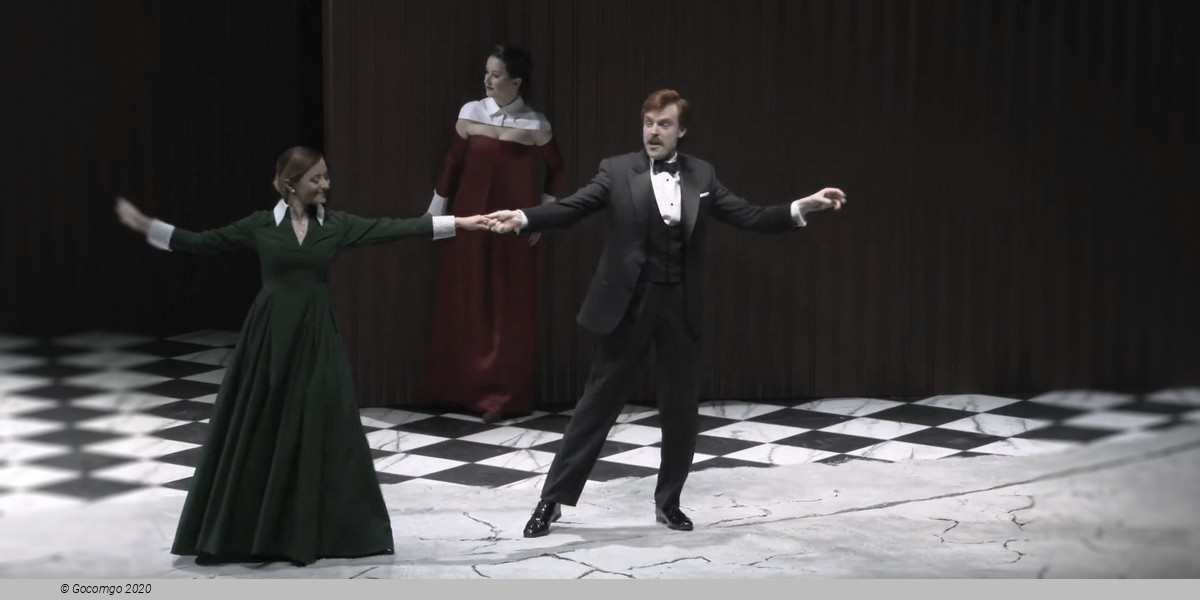
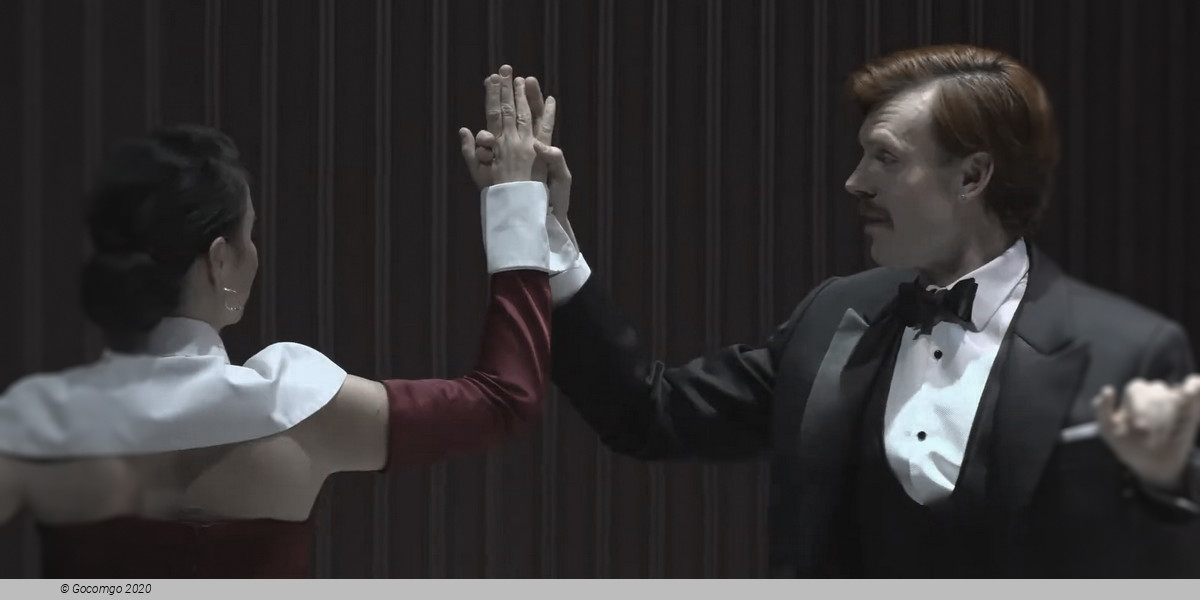
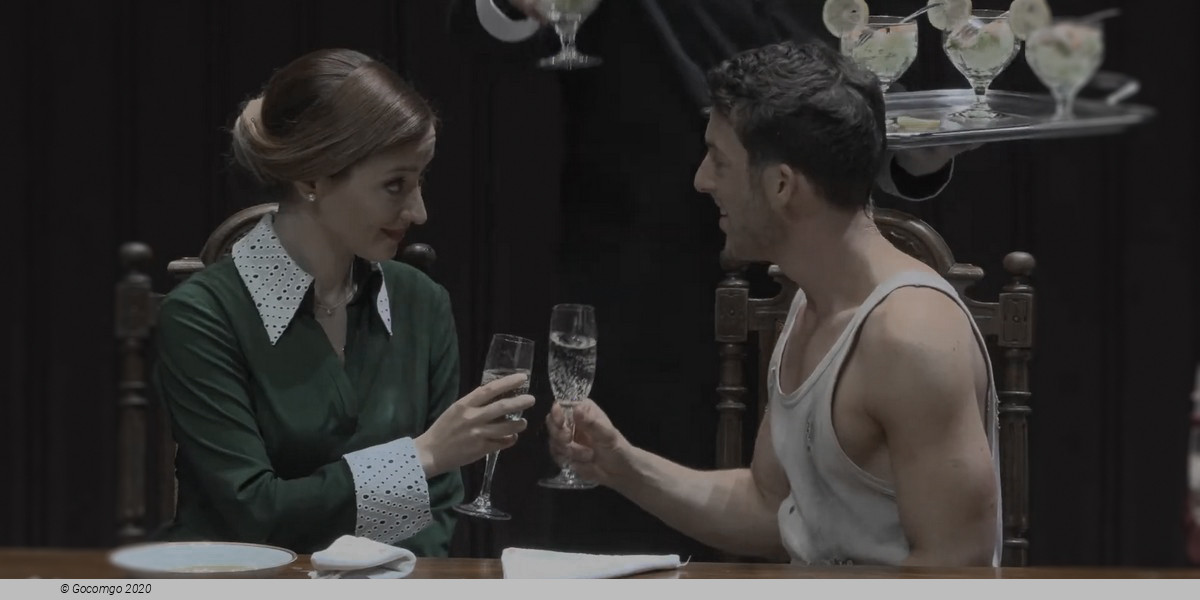
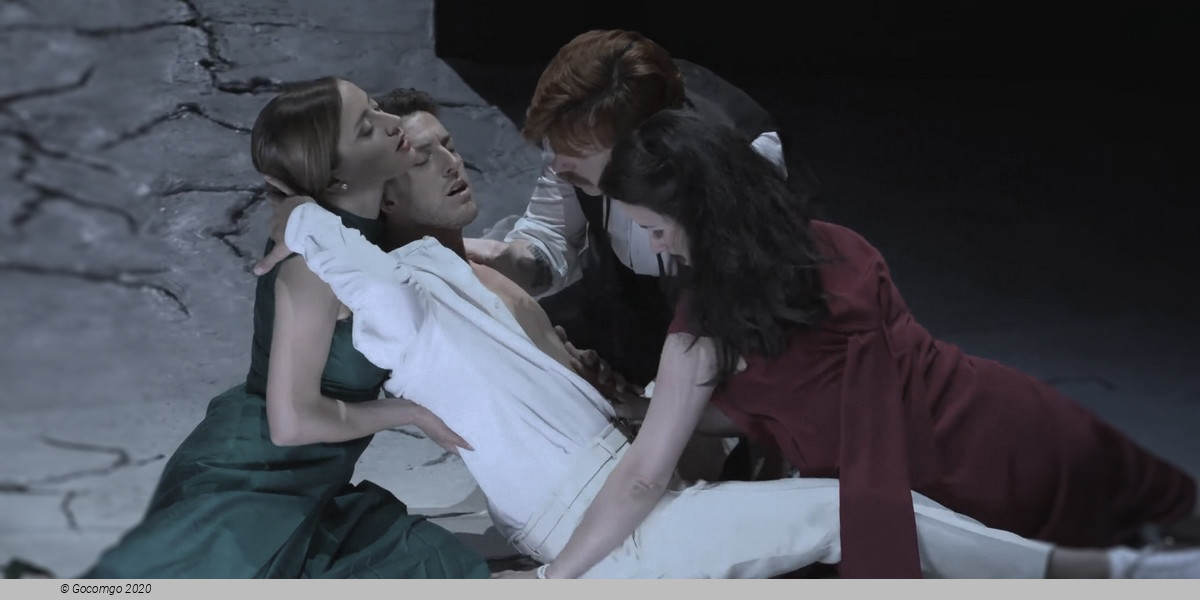
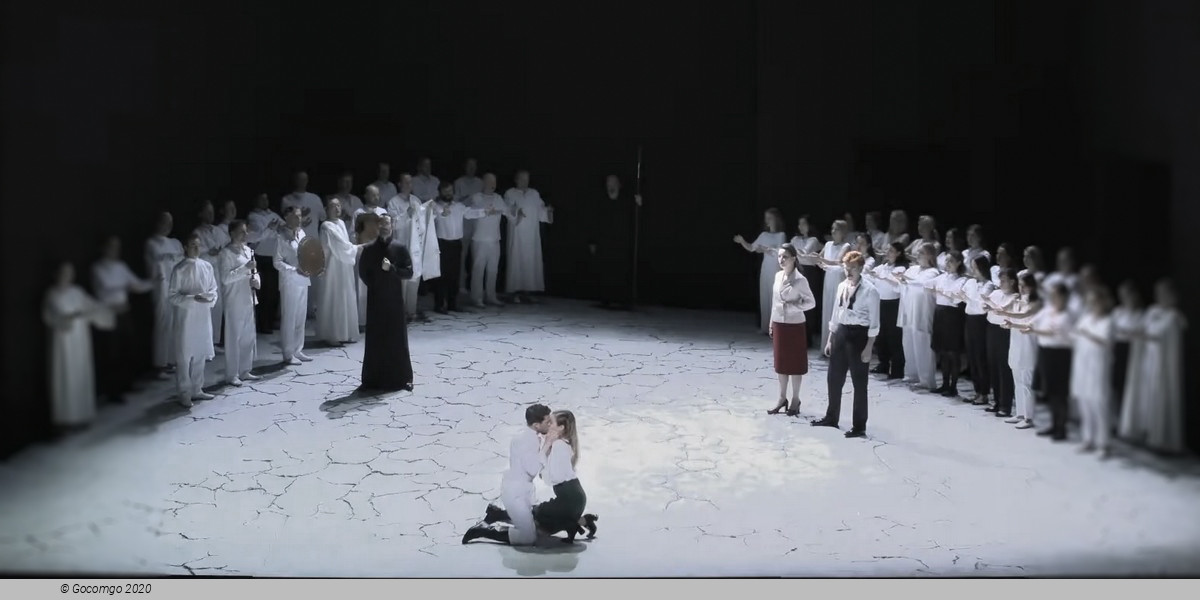
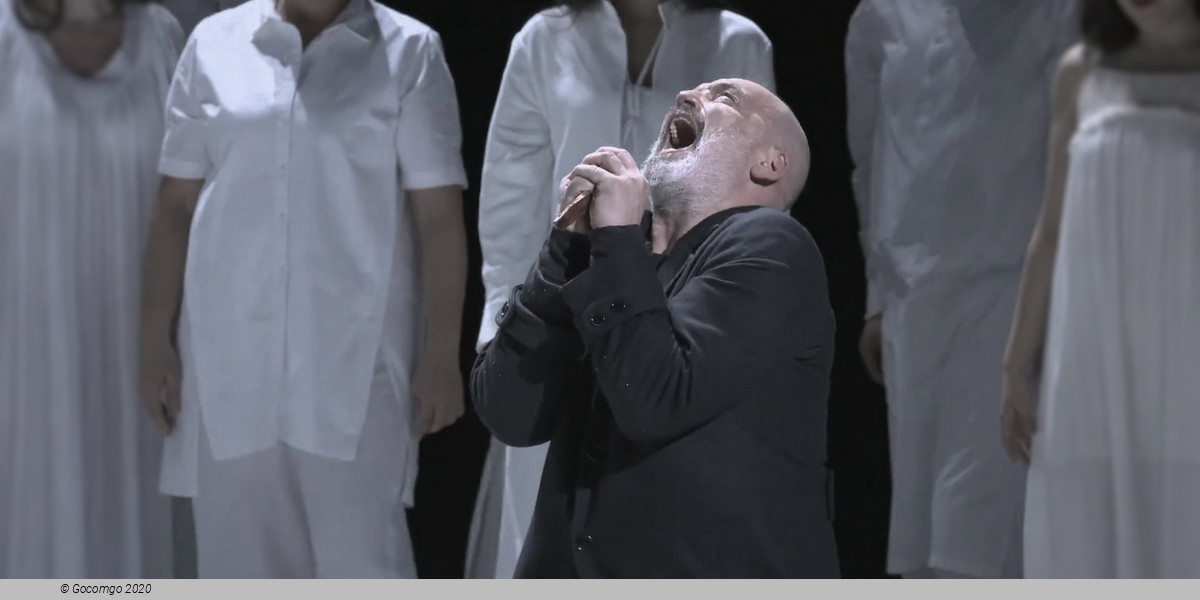
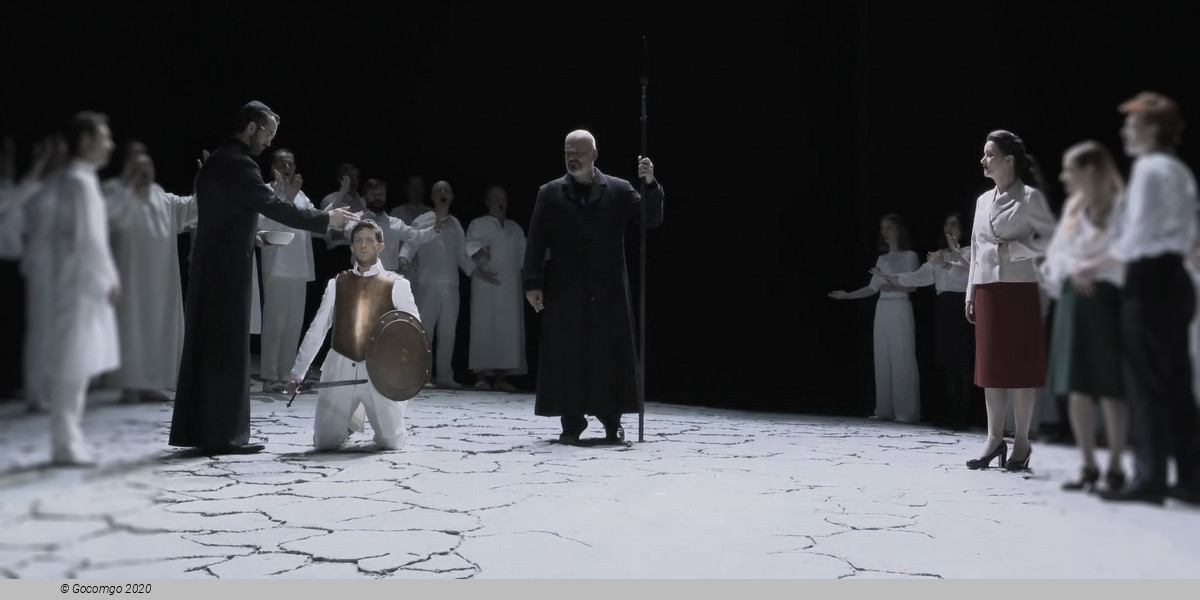
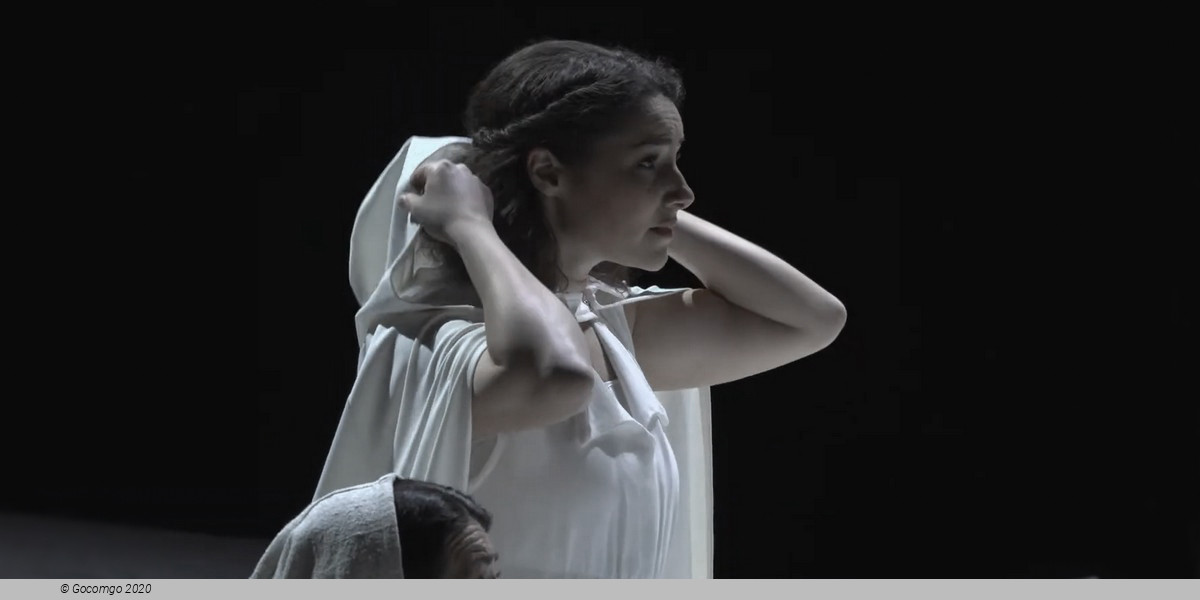
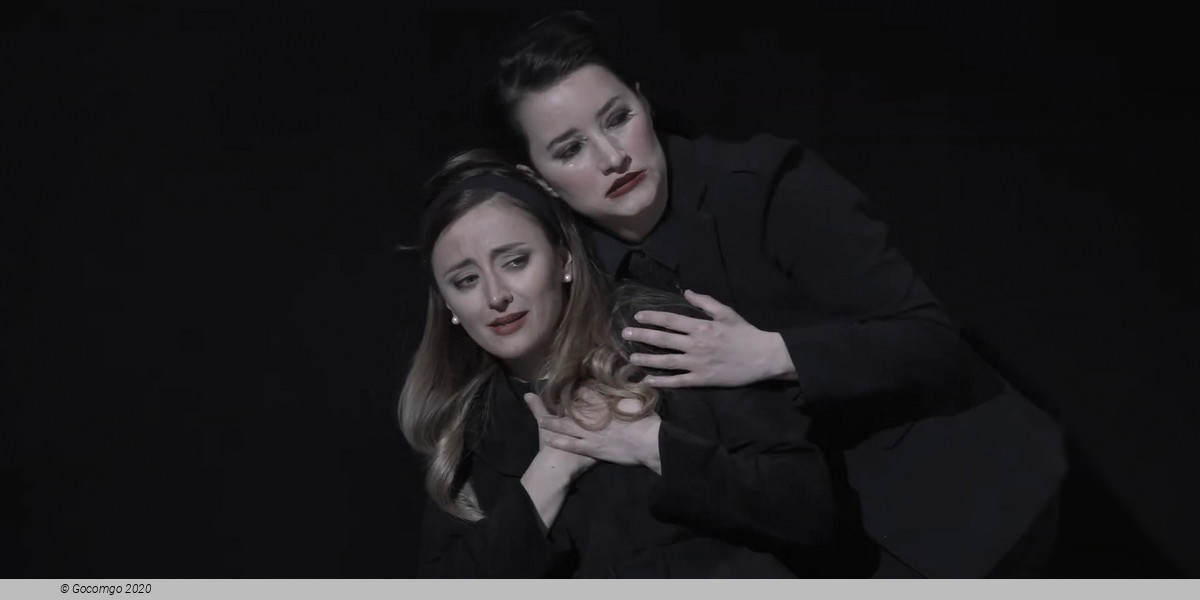
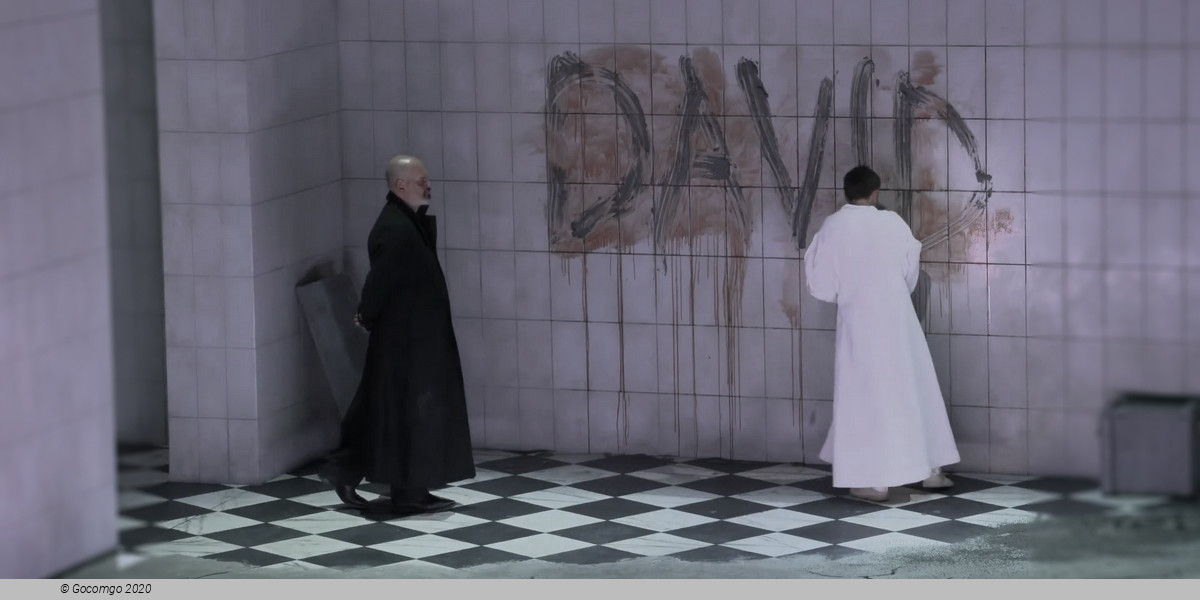
 Lothian Rd
Lothian Rd